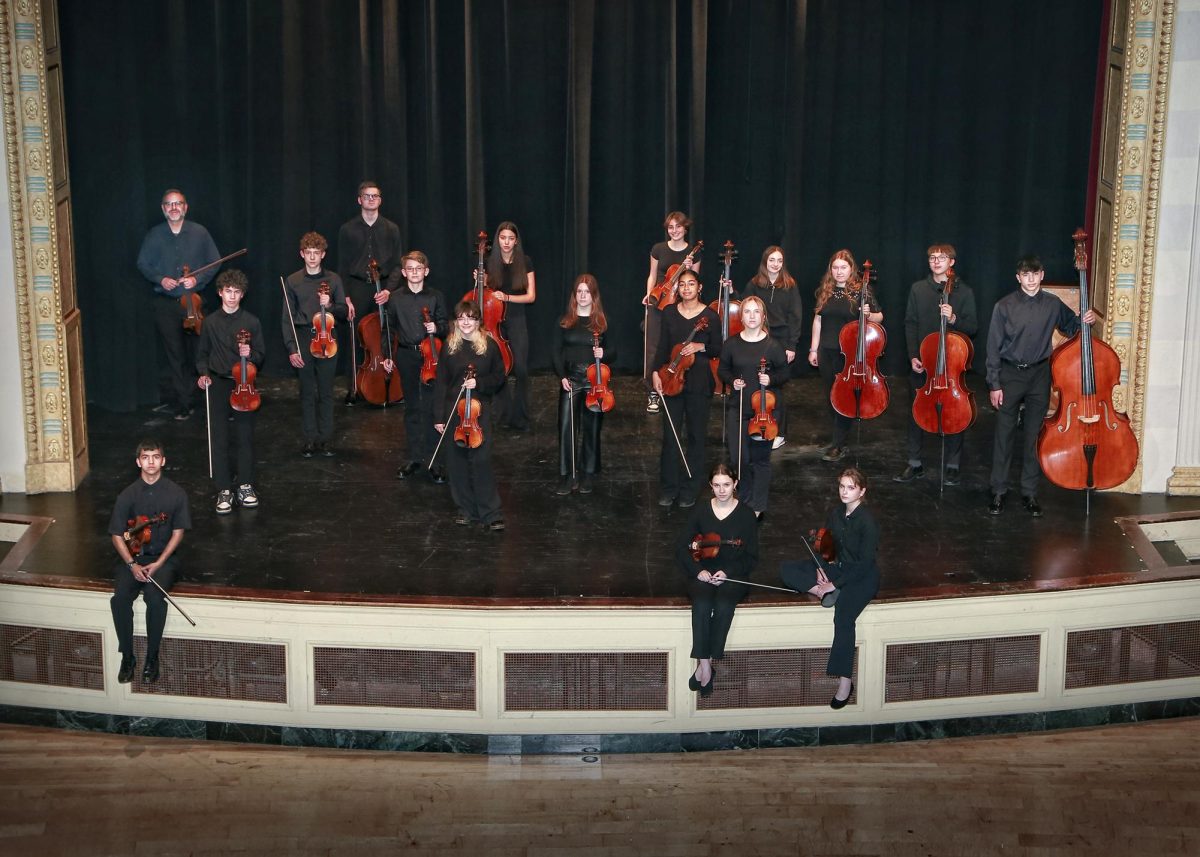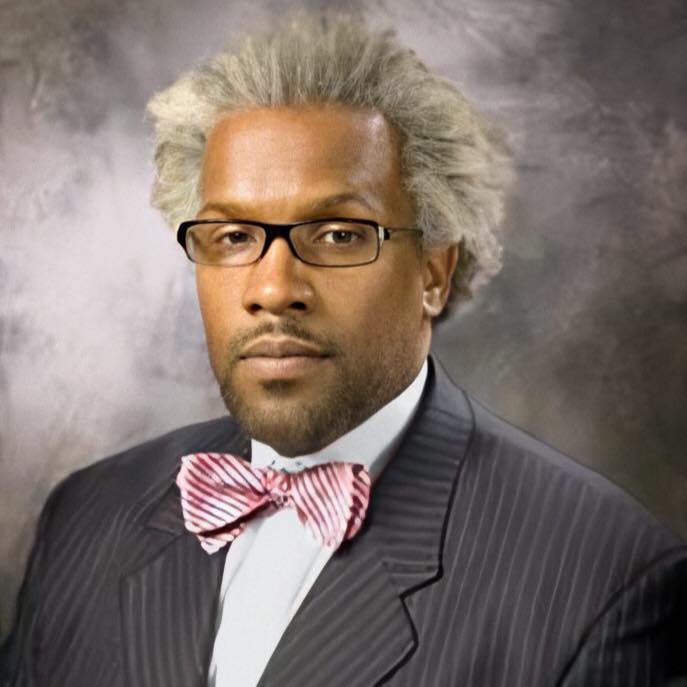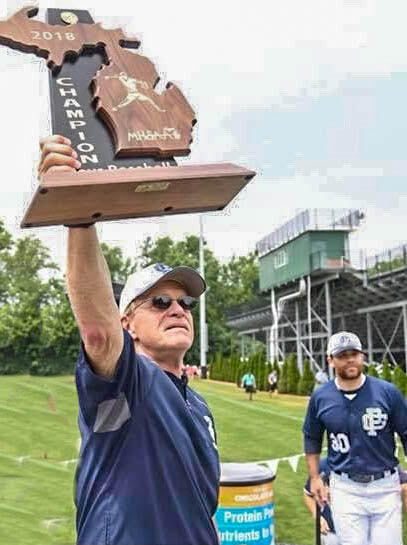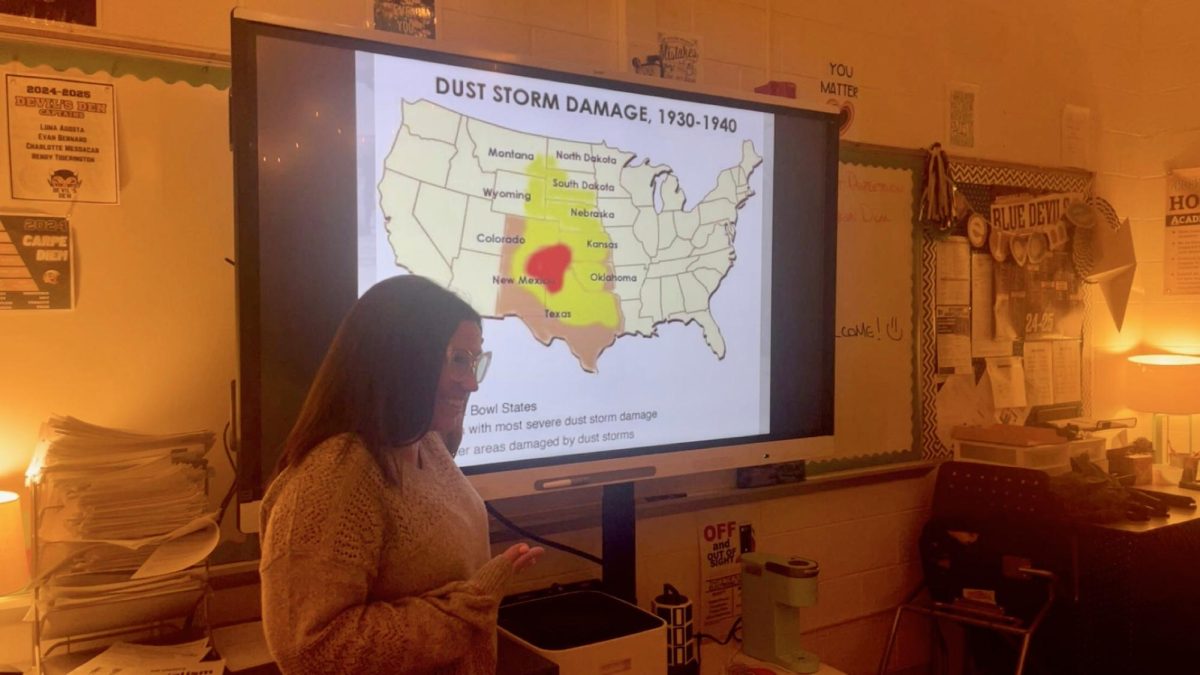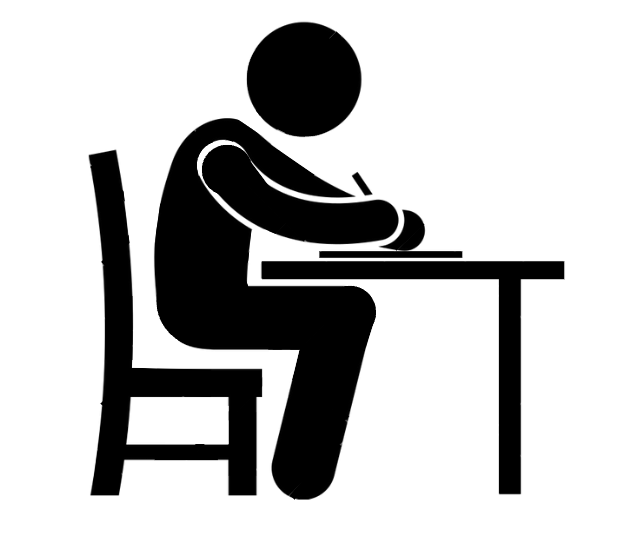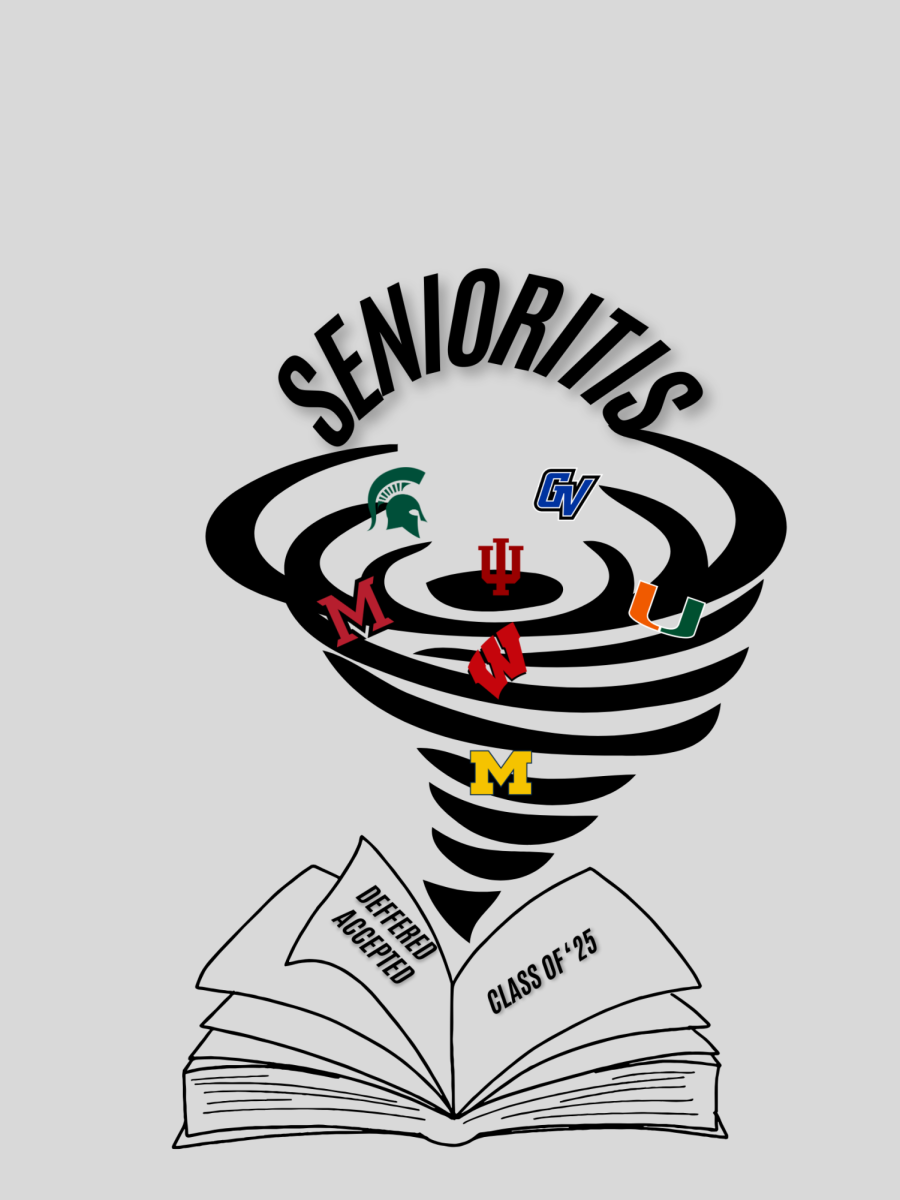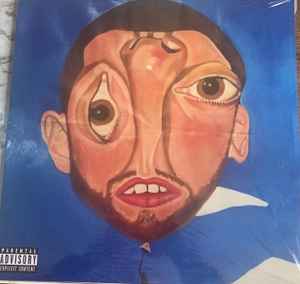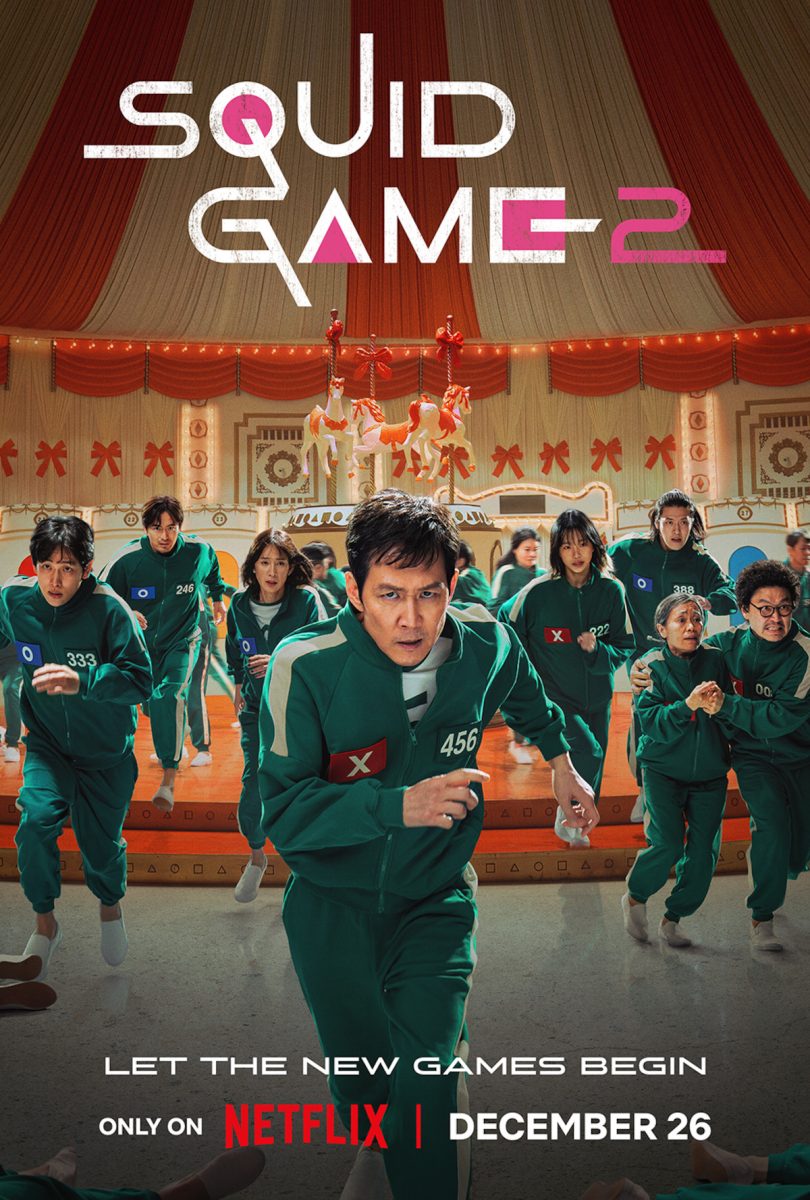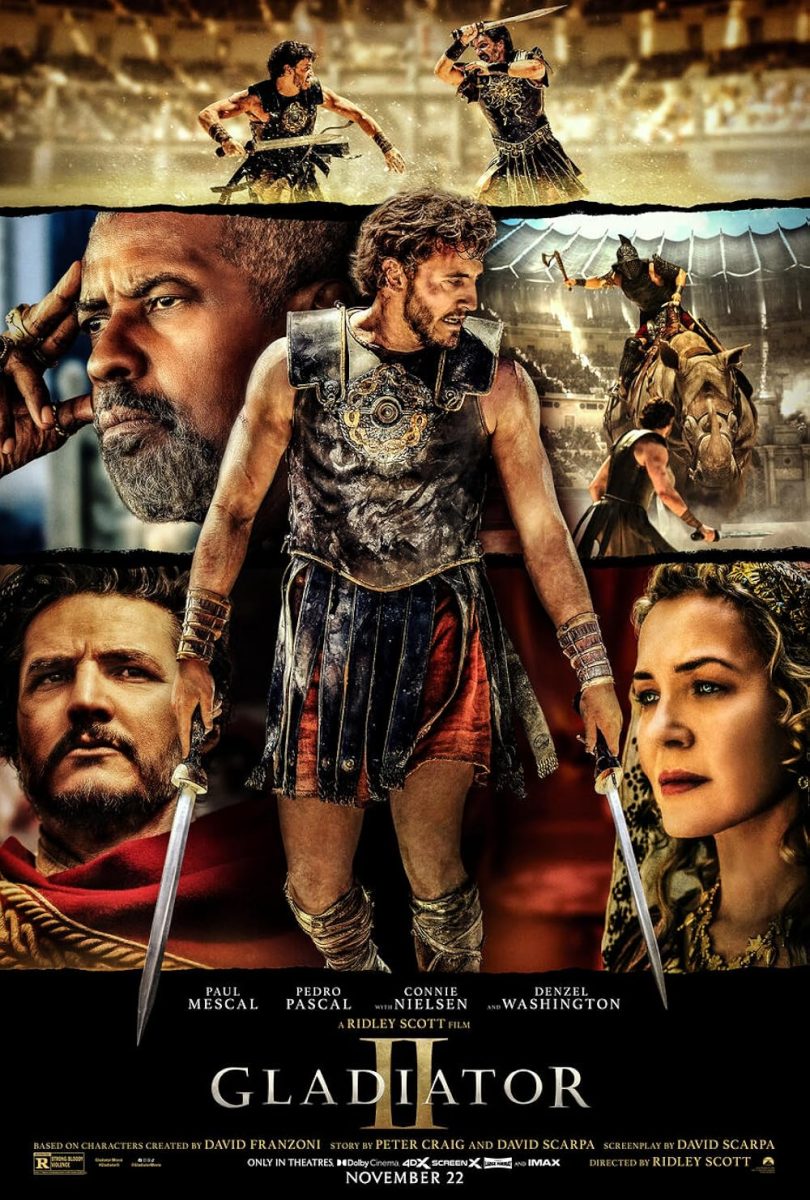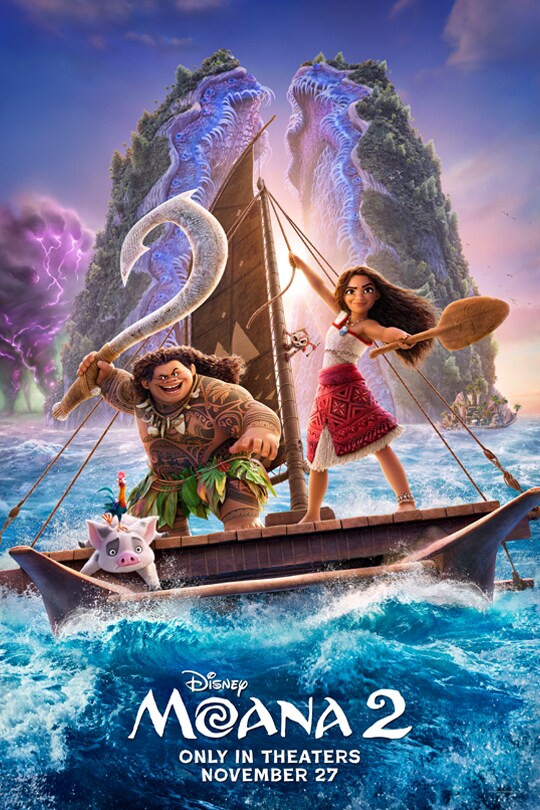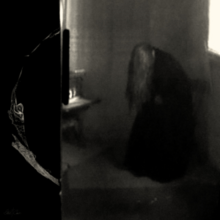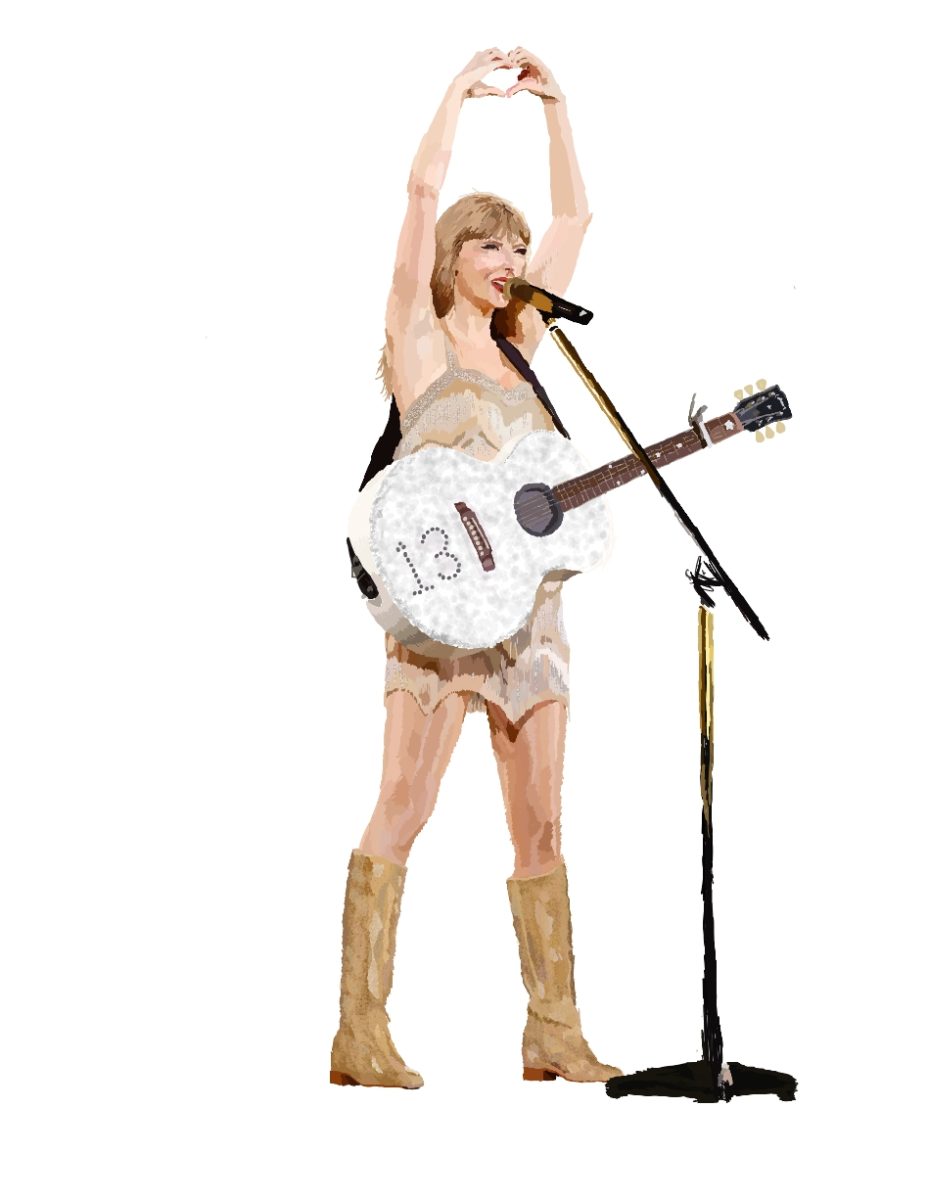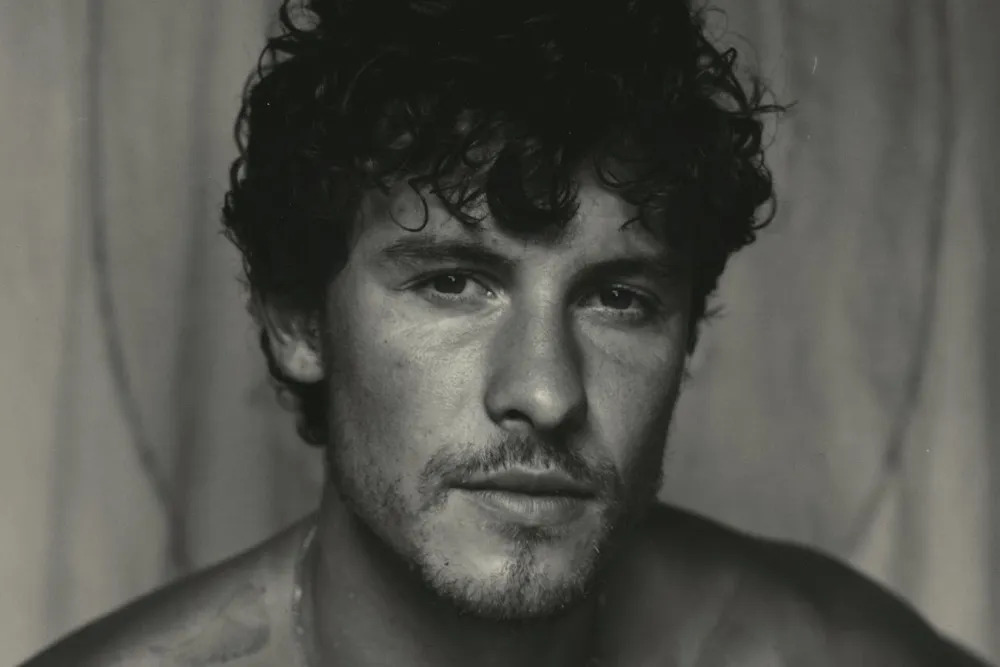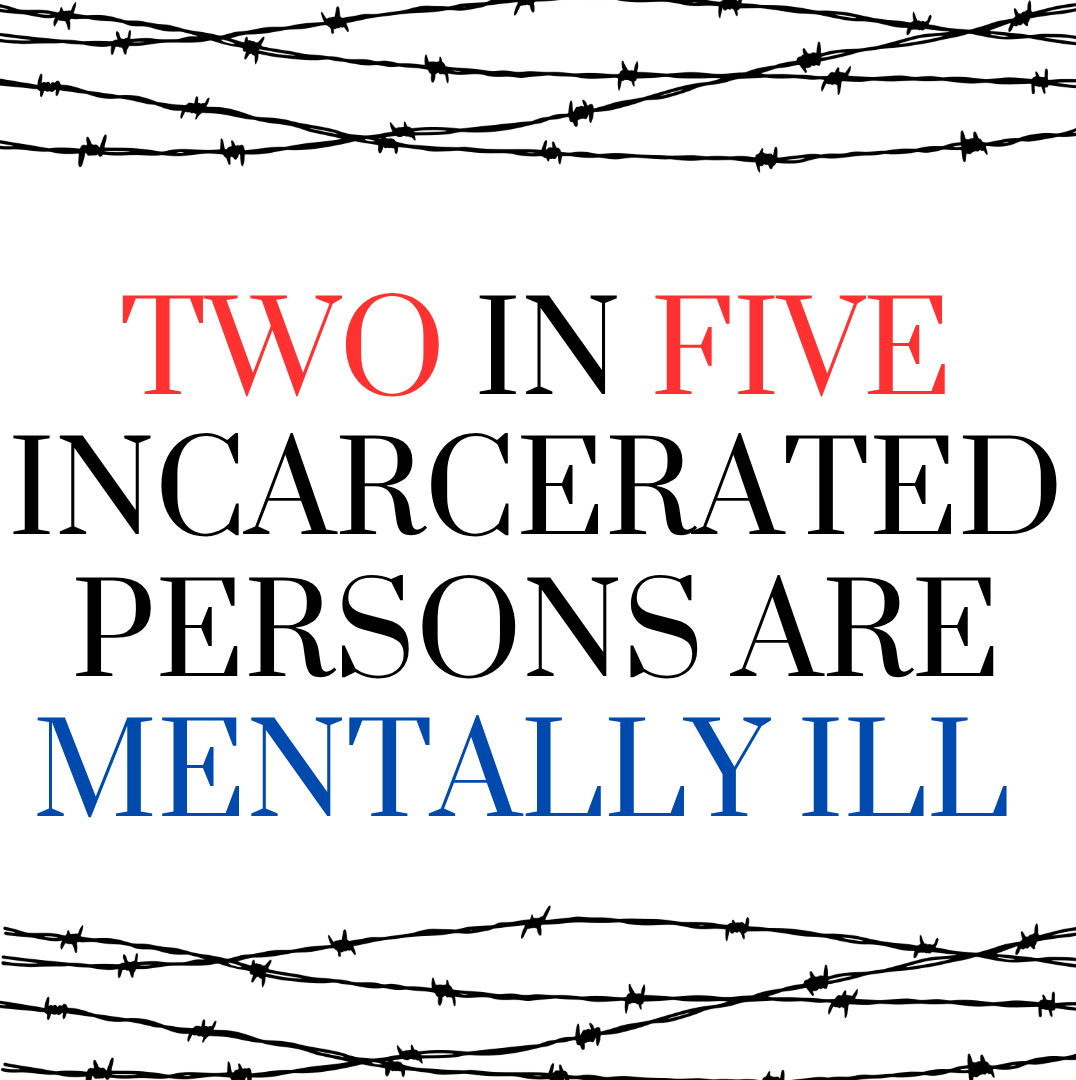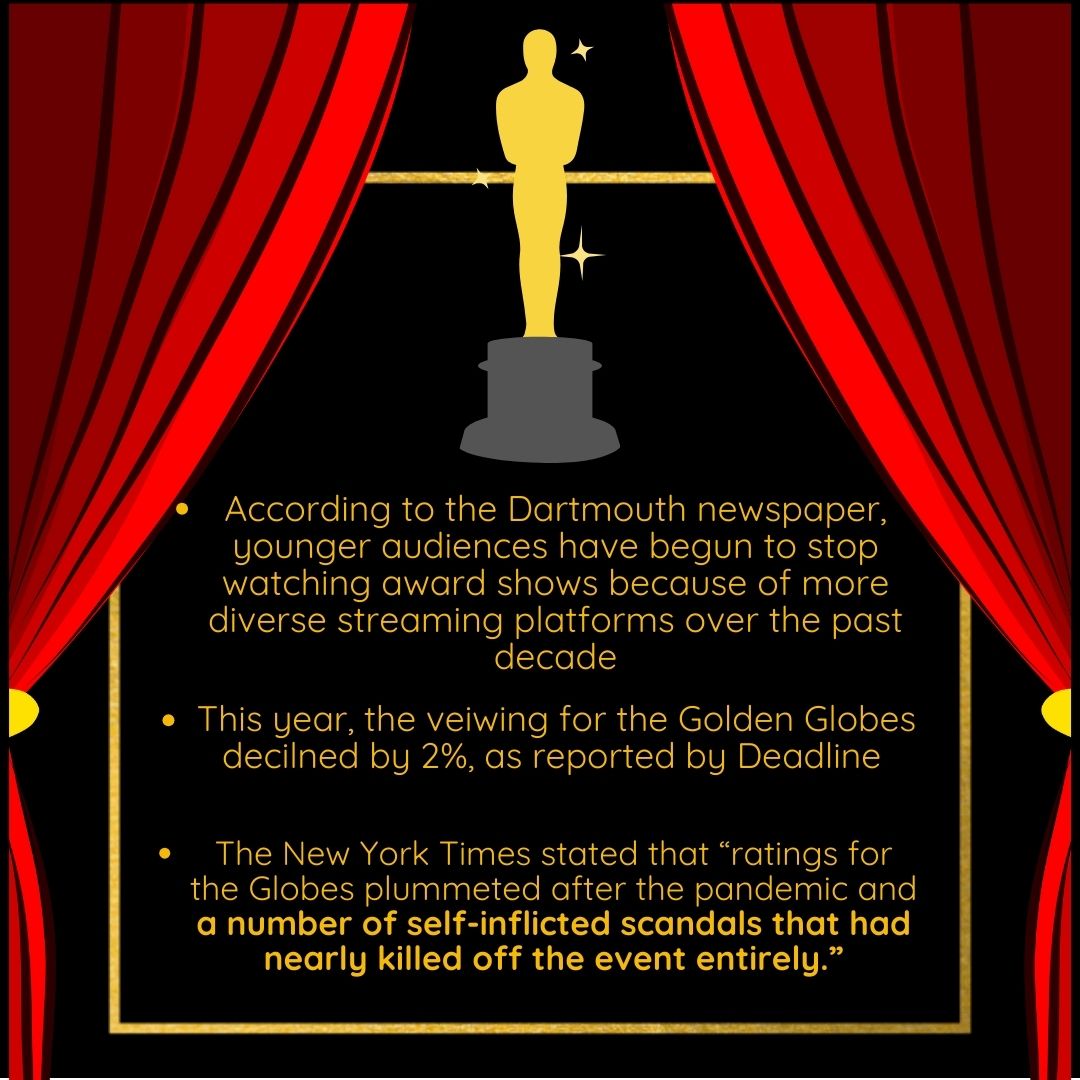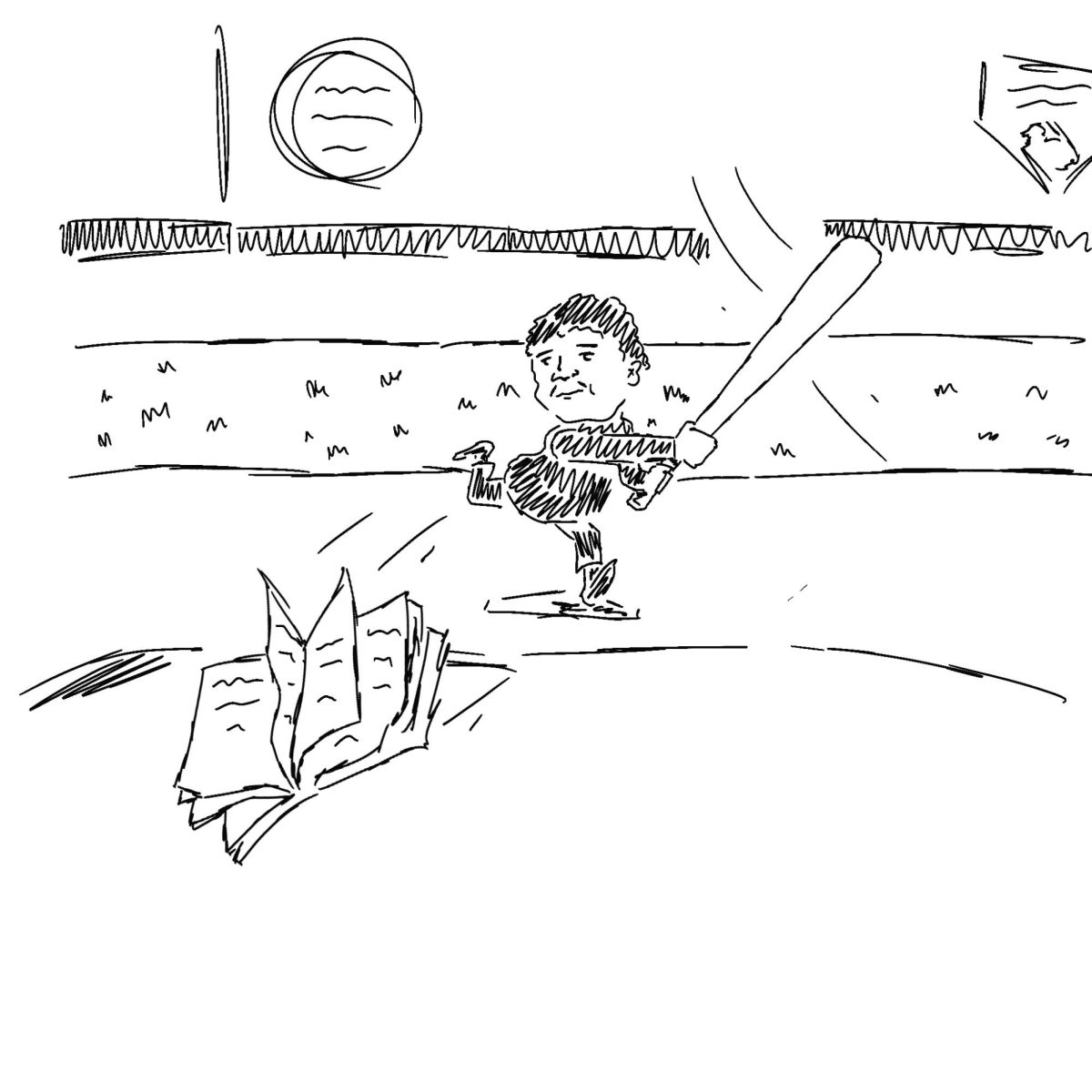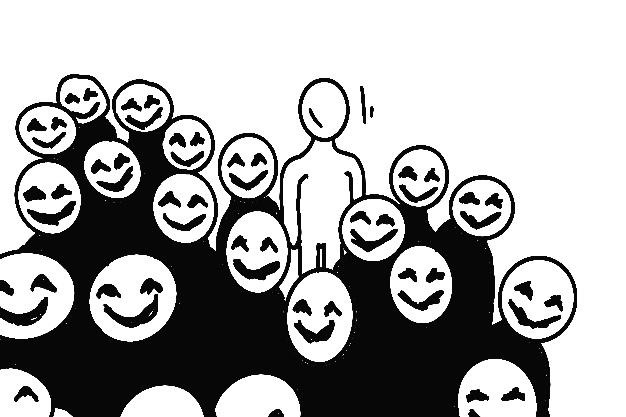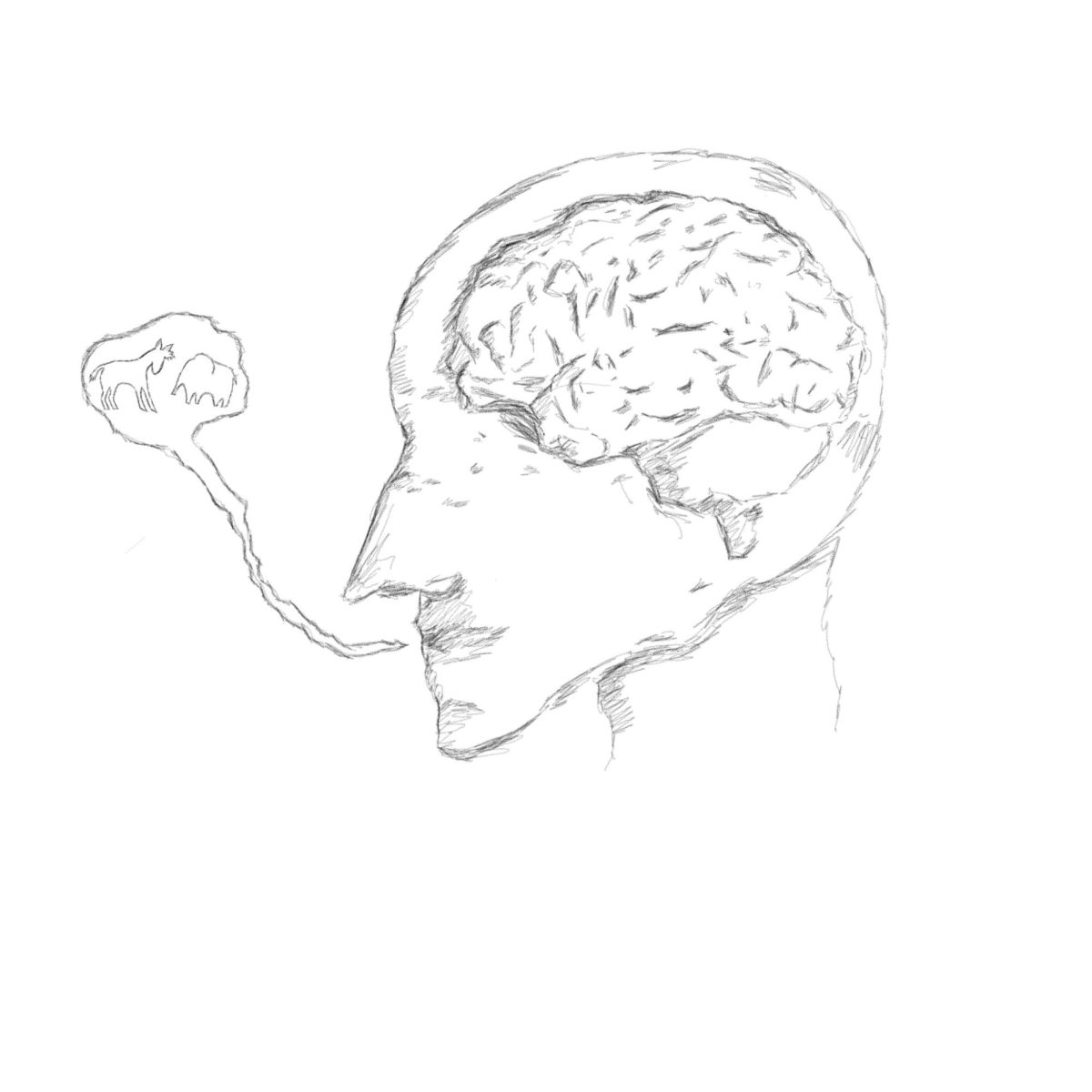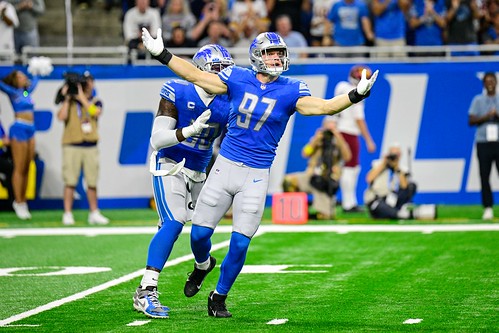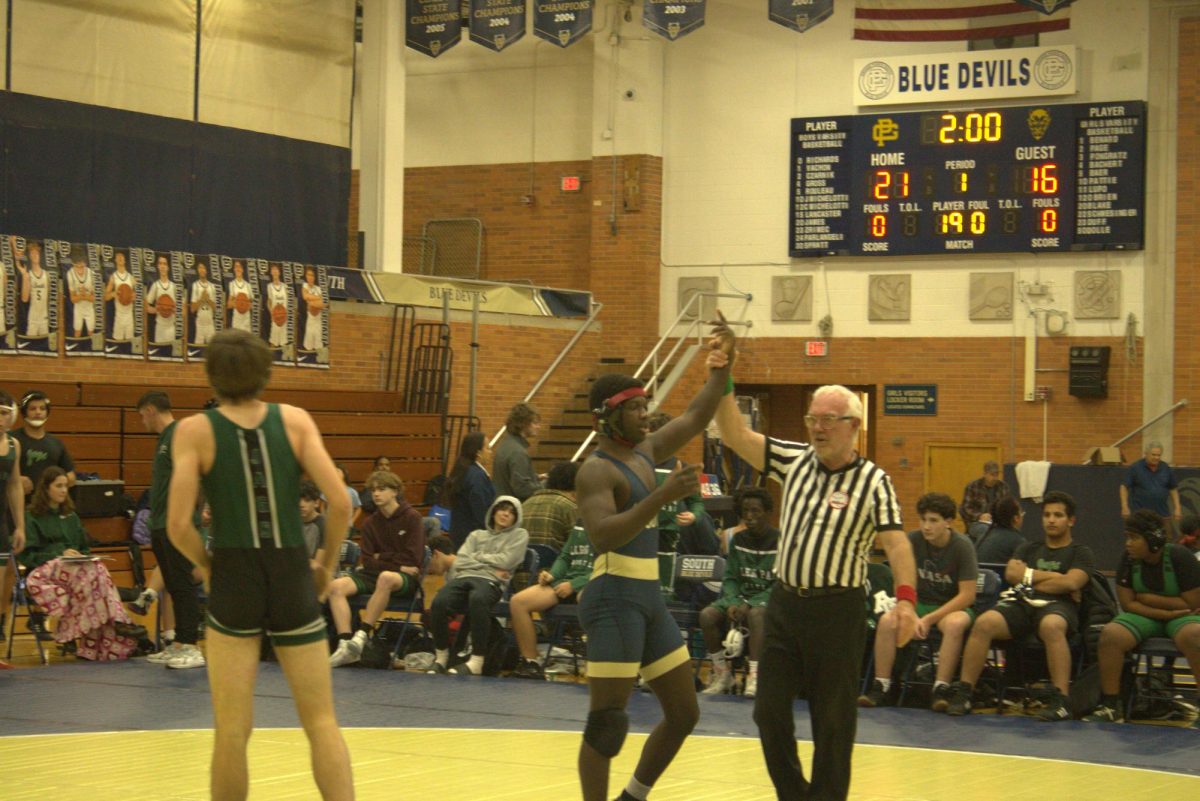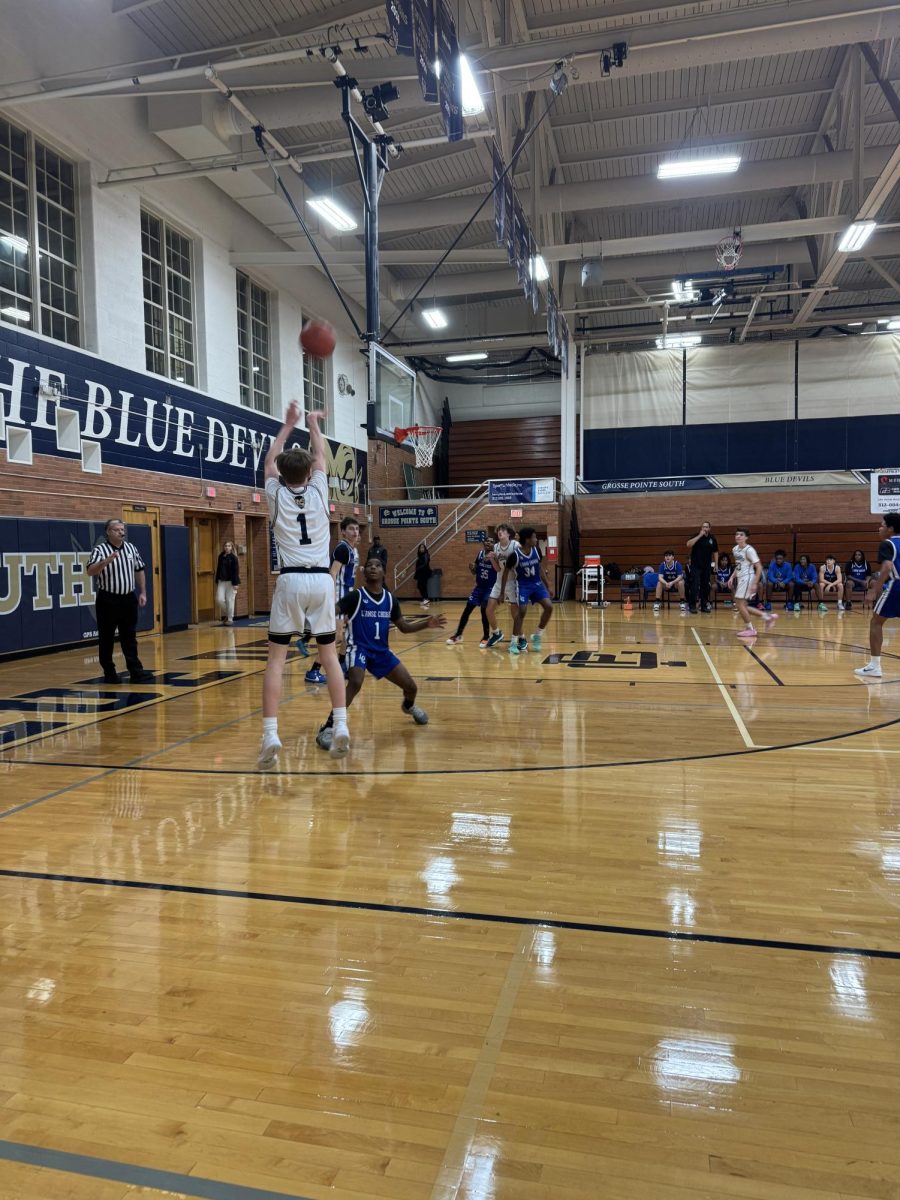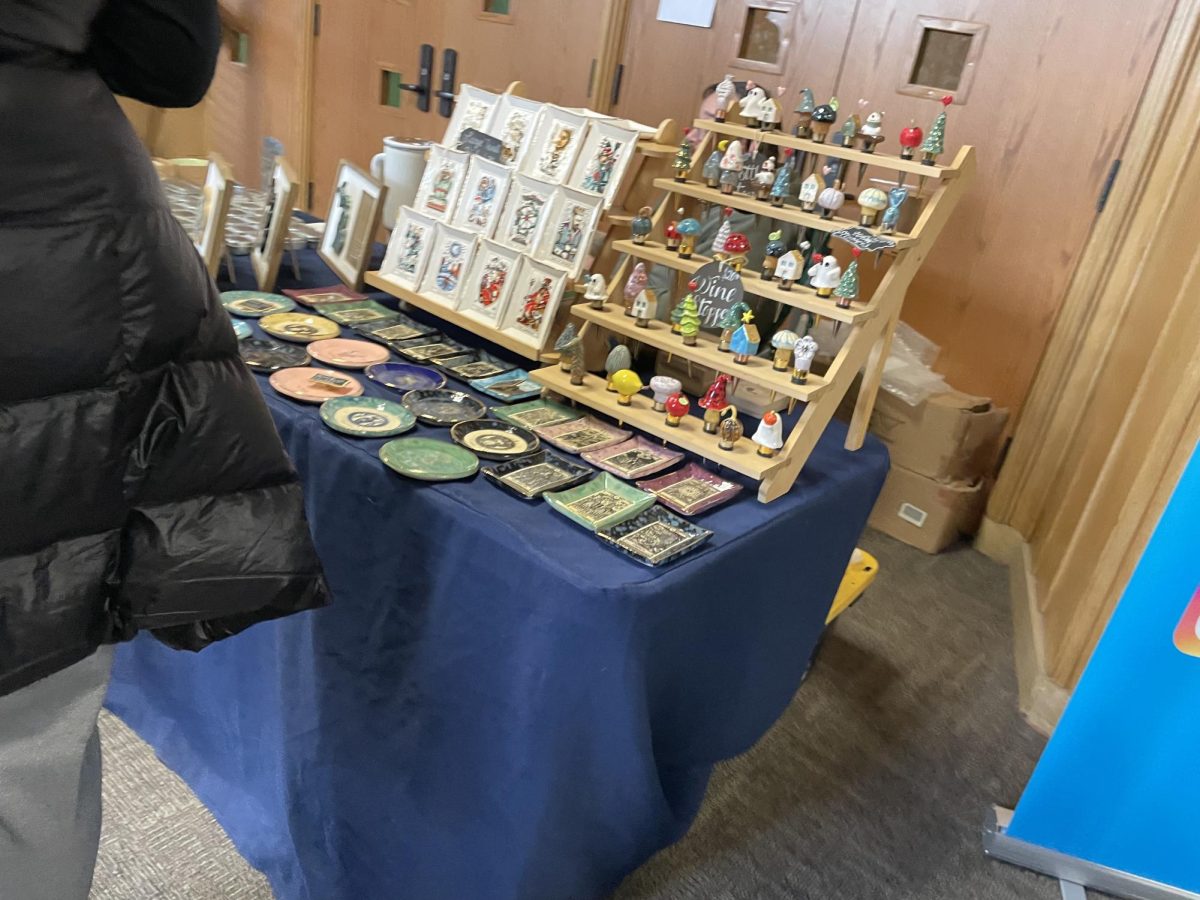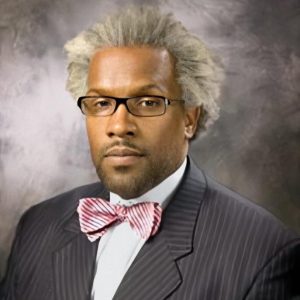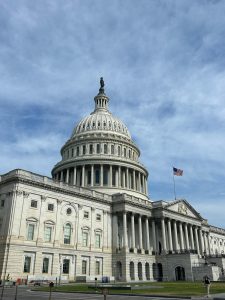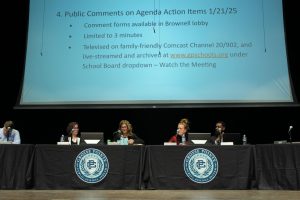Christopher Columbus: his mixed legacy and controversy
October 14, 2019
In 1492, Columbus sailed the ocean blue: an aphorism most students were taught at a young age. What isn’t taught in history class, however, is the complete historical truth of Columbus Day.
Although the terrors Columbus did to the native populations of America are often told, they are rarely ever explained in depth. In 1492 Columbus did sail across the Atlantic in search of an alternate route to Asia. He did stumble accidentally upon the Americas, and he did enslave many Native Americans. Columbus’ story, however, goes much deeper than that, according to history teacher Peter Palen.
“I think that Christopher Columbus is one of the most complex historical figures there is,” Palen said. “He is to be celebrated, but simultaneously criticized for what he did.”
There are several myths in regard to Columbus’ voyages that children learn whilst growing up in school Palen said. One of these, highlighted in the novel “Lies My Teacher Told Me” by James W. Lowen, is the common misconception that Columbus discovered America.
“Columbus’s legacy was that he discovered North America, and that’s not true because 25,000 to 40,000 years ago Asianic hunters following big game animals crossed Beringia, and were the first people to colonize America. I also believe in 1200 the Vikings landed in Newfoundland,” Palen said.
In fact, Columbus didn’t even realize where he was when he arrived in the Bahamas. As MaShanta Ashmon, history teacher stated, Columbus called the Native Americans ‘Indians’ because he believed he had reached Asia, when in fact he had stumbled upon something even greater.
“His original intent was to sail to somewhere he never got to, so at face value, he was a failure,” Christopher Bouda, history teacher, said. “It meant for Spain that they would be very wealthy, and quite happy. For the Americas it was devastation. It was the beginning of the end for their cultural civilization and way of life.”
This begs the question: should Americans really have a Columbus Day if he was such a horrible man? That question, according to Anne Davey ‘22, is a complex yet simple answer.
“It is important that we recognize Columbus Day,” Davey said. “He is one of the reasons why our country is the way it is today, and he is such an important figure for Italian-Americans.”
Davey also acknowledges other celebrated historical figures and claims that many of them are not so different than Columbus.
“If you’re not going to recognize Columbus day then you also have to take into account many of the other historical figures that people look up to– that enslaved people or had slaves,” Davey said. “I think we have to hold everybody to the same standards, so if Columbus Day isn’t to be celebrated then neither should Presidents Day because some presidents had slaves.”
Another point of view, demonstrated by Ashmon, is that recognizing Columbus Day is like one of the main American ideals; the freedom to choose whether to celebrate it or not.
“I think that people still have a choice– there are many holidays in our diverse environment that people celebrate based on their beliefs. Often times, our beliefs aren’t always based on facts,” Ashmon said. “I would say that in maintaining the democratic integrity of our nation, we have to assure that people have that right.”
Palen believes that both sides deserve recognition. That the trials and tribulations that the Native Amerian peoples were forced to endure must be acknowledged and their accomplishments must not go unrecognized. Also that what Columbus did for Europe and the advancements which he set into motion must not be outweighed by other things he did.
“I think there should be two days– a Columbus Day and an Indigenous Peoples Day,” Palen said. “I don’t think changing the name of one to the other is necessarily what we need to do.”
When all is said and done, Bouda thinks the United States should just change the title to “American’s Day”. He believes there are so many historical figures involved in the country’s development to its current state that it is unfair to just focus on one.
“There is a lot of discussions about whether Columbus is a hero or a villain. While Columbus is guilty of many atrocities, he set in motion something that could not be stopped,” Bouda said. “There were many other European explorers who were guilty of a lot worse than what Columbus did, and they hardly get any attention paid to their violation of human and natural rights during their time. I don’t think Columbus deserves all of the blame.”

